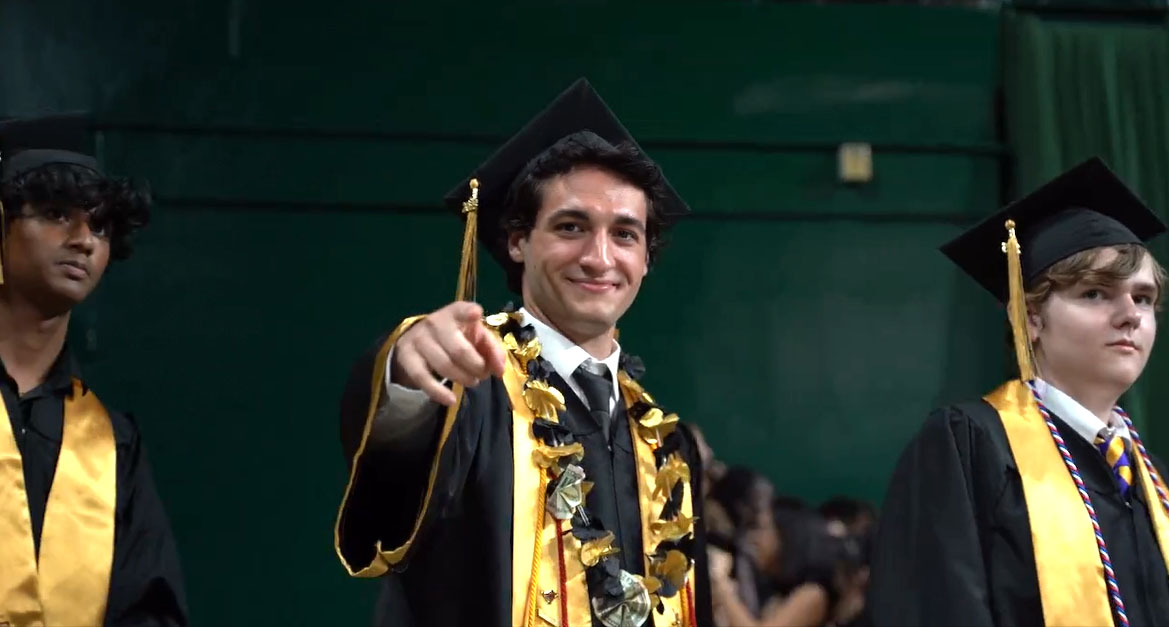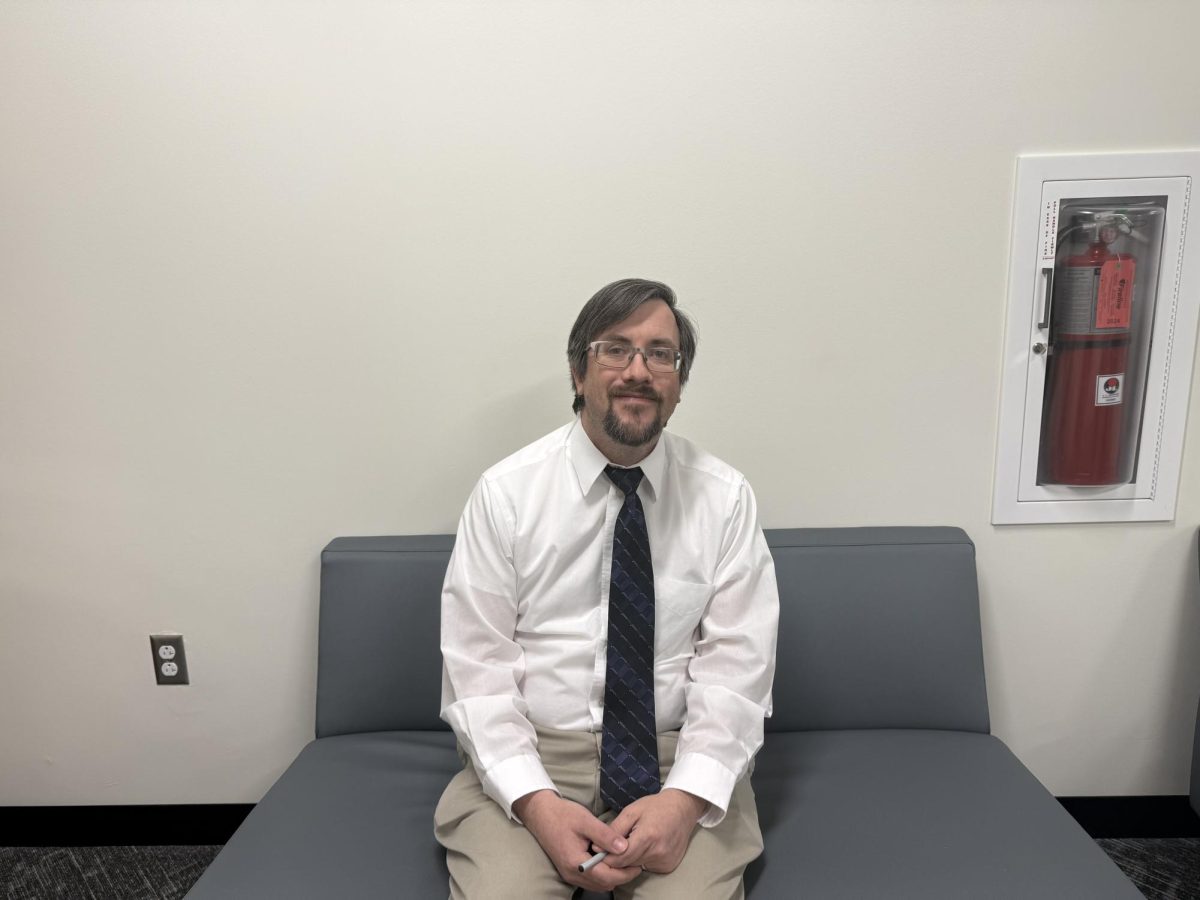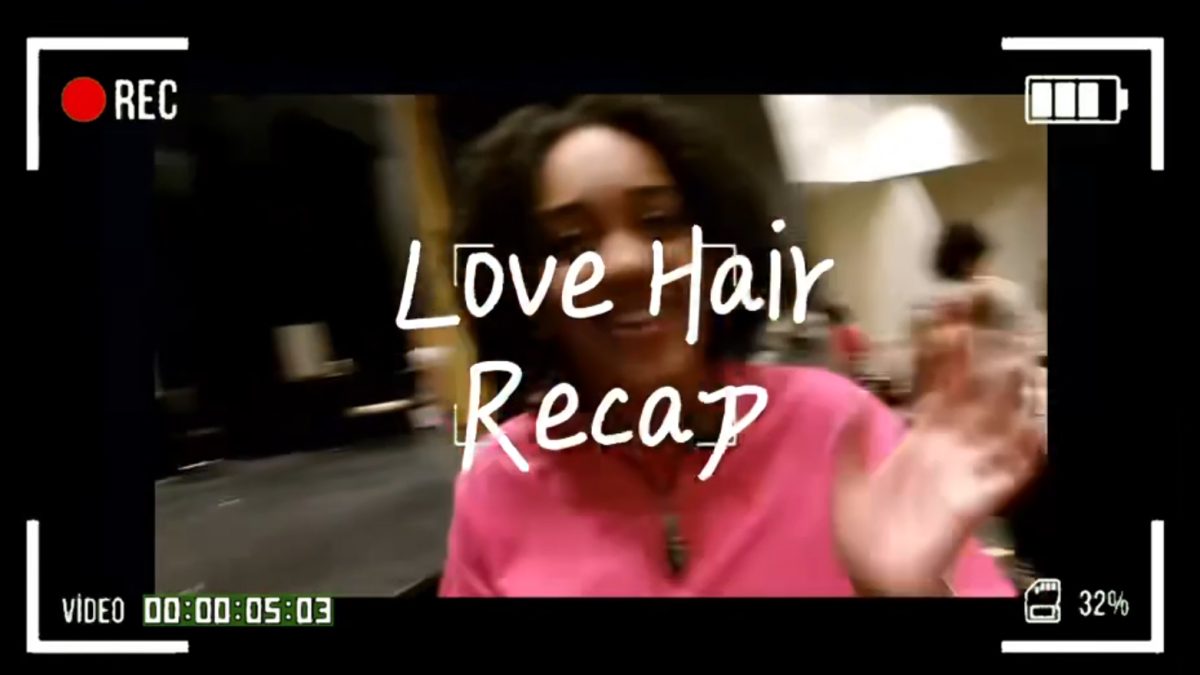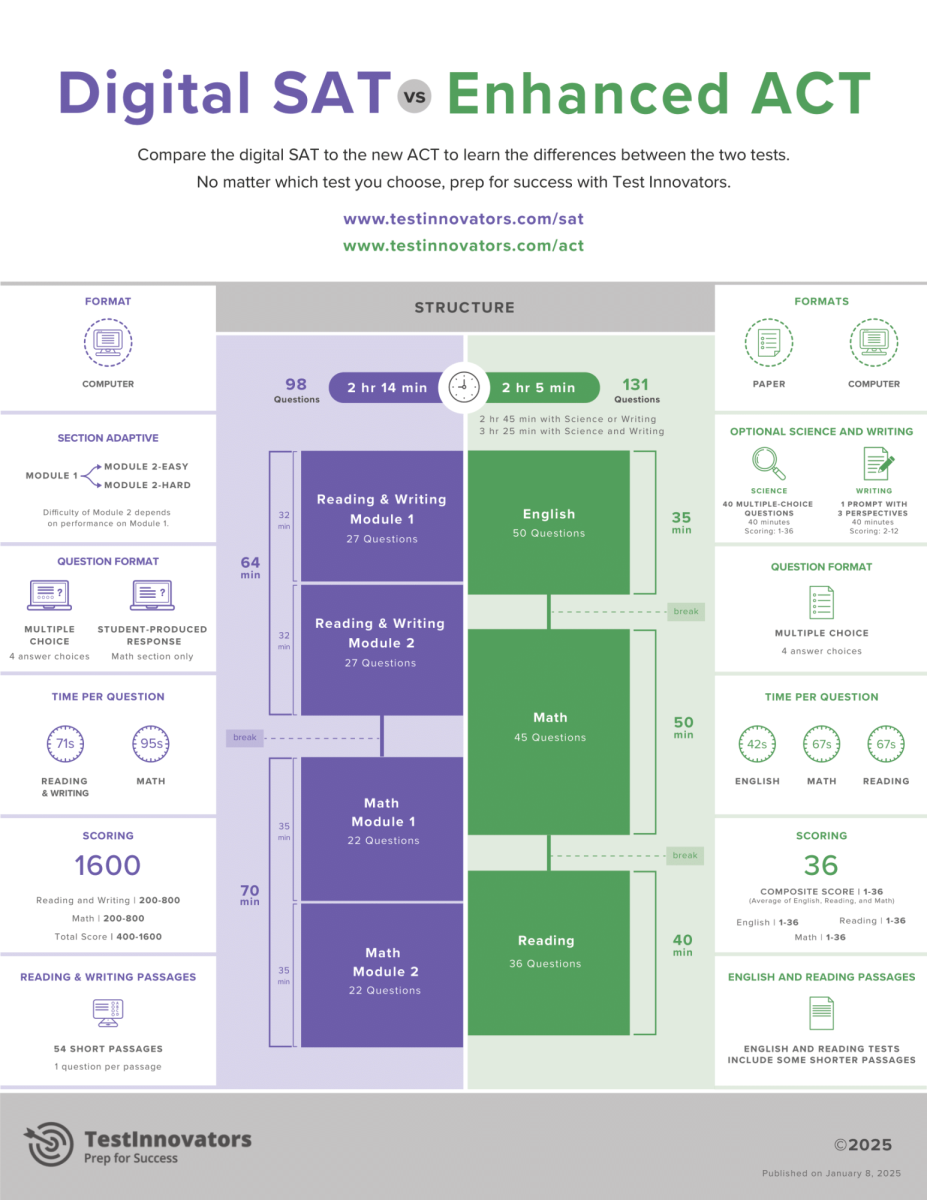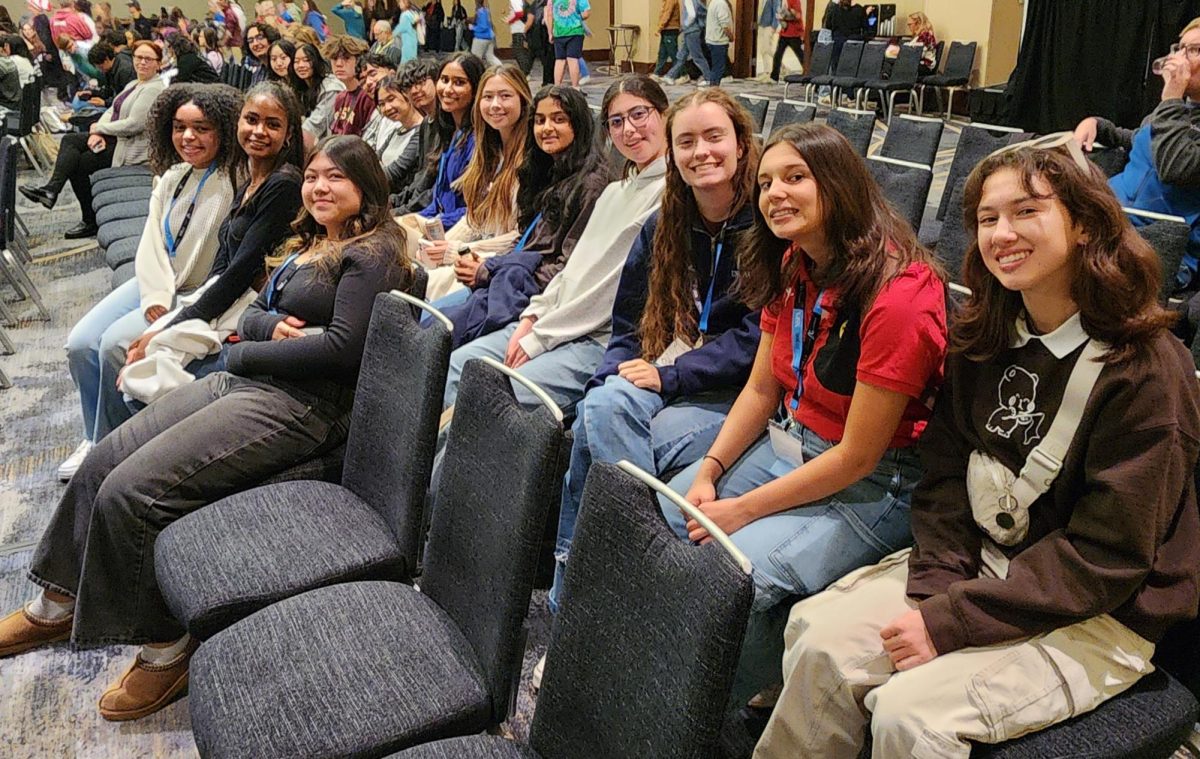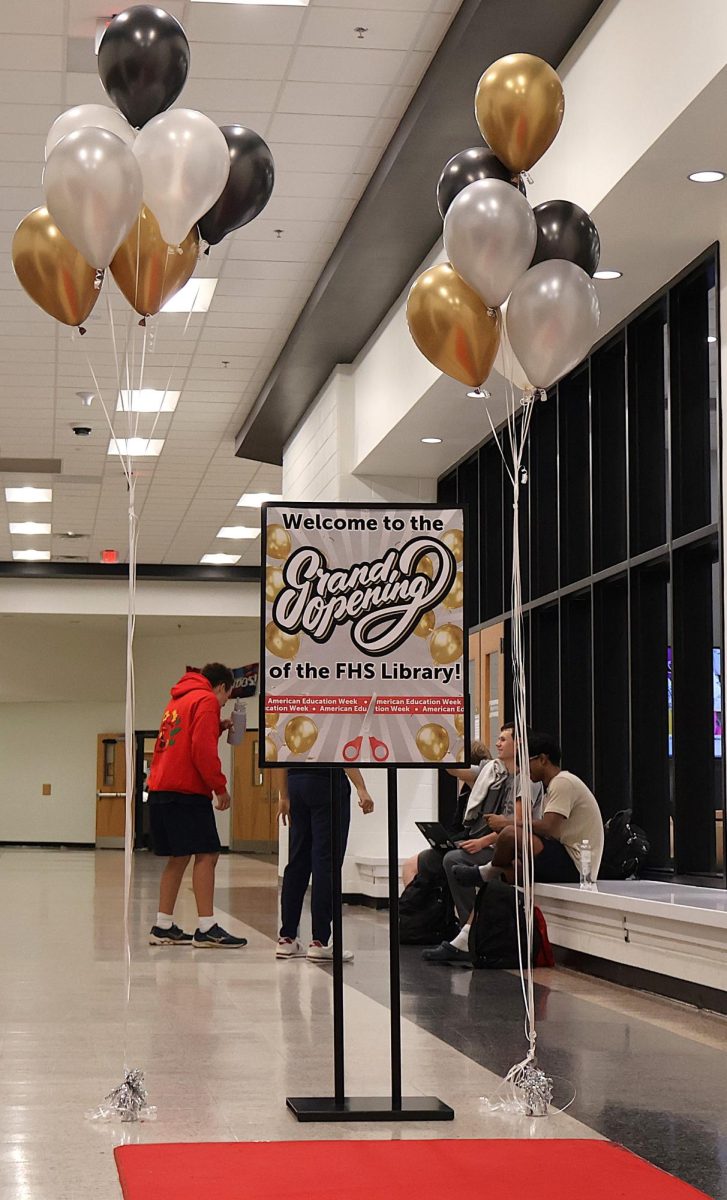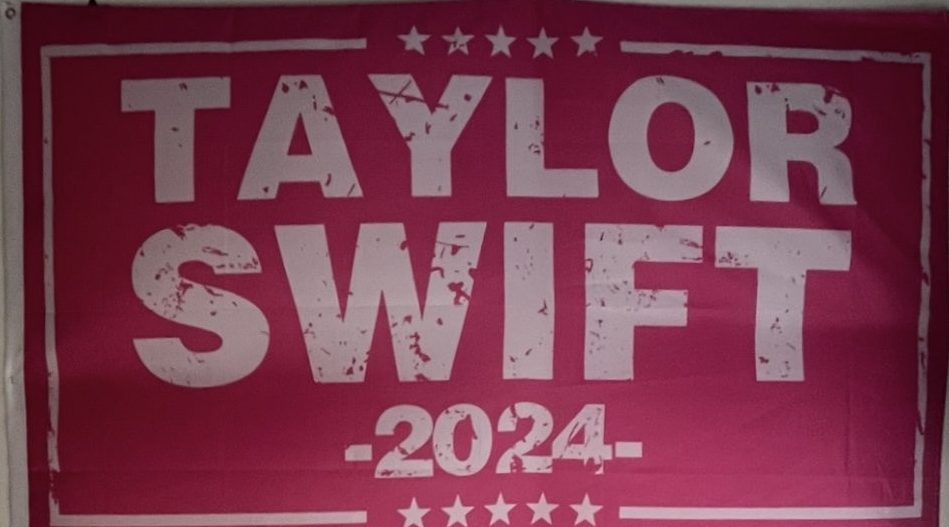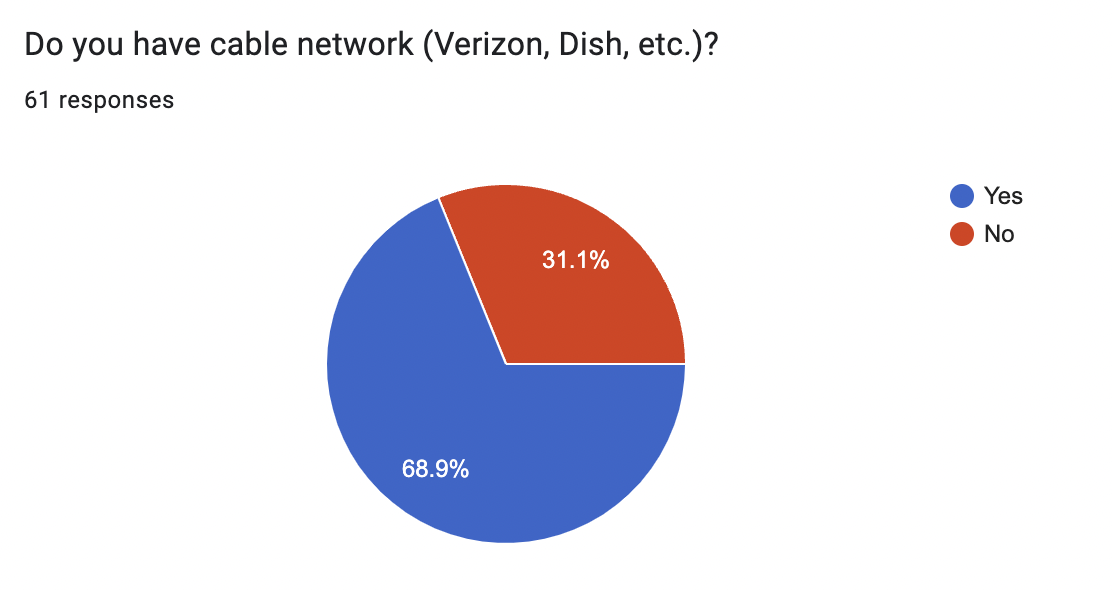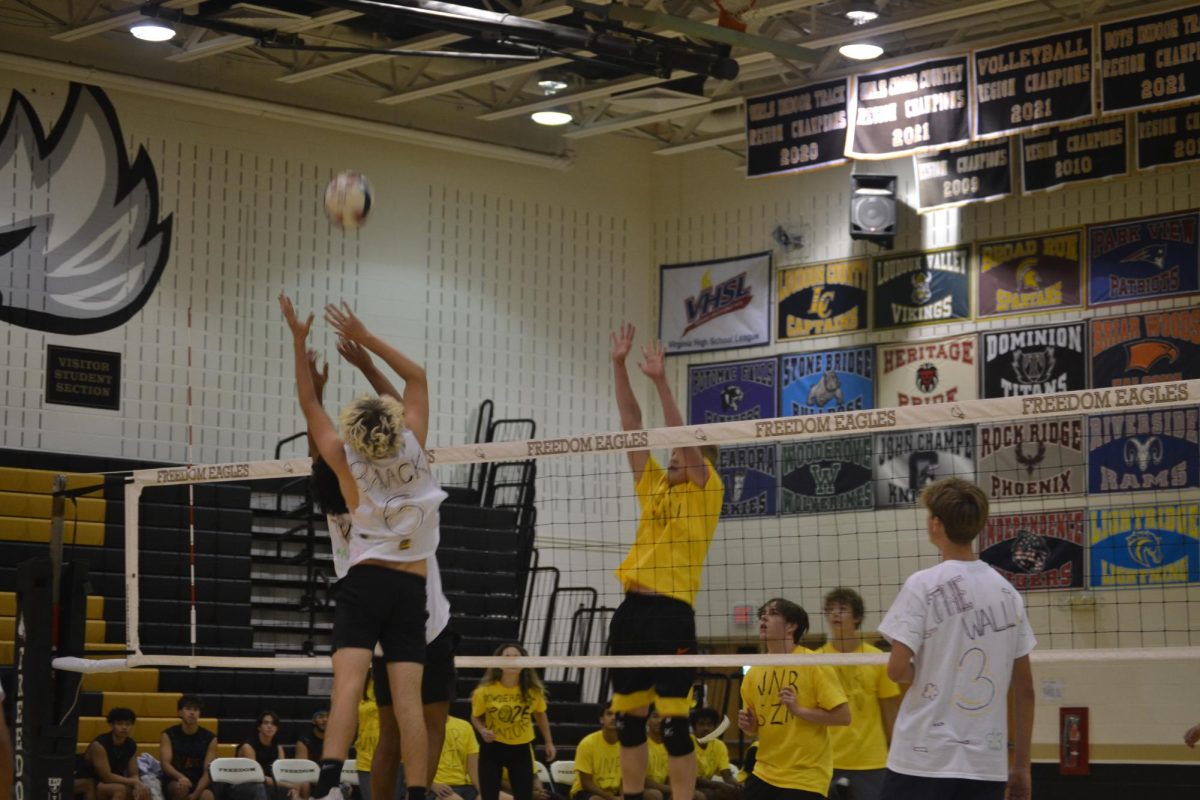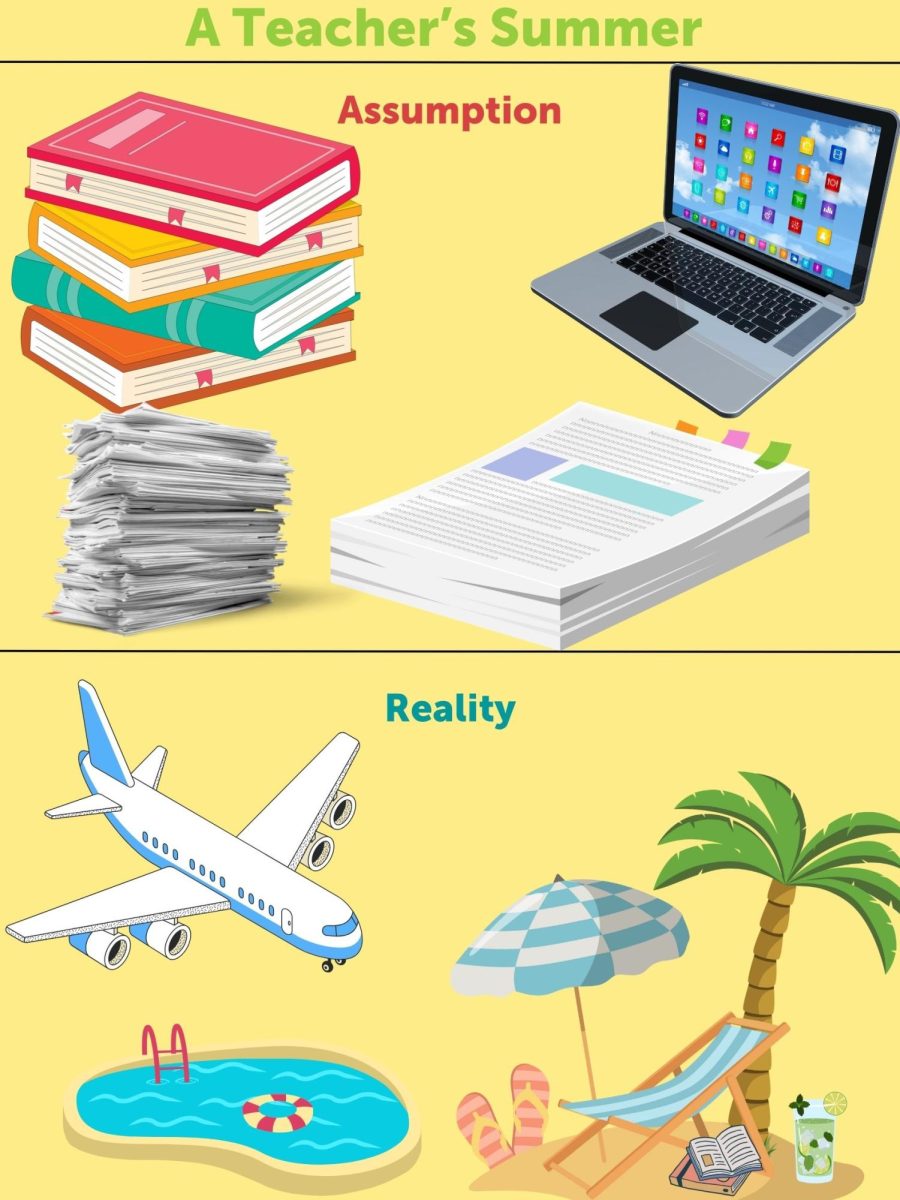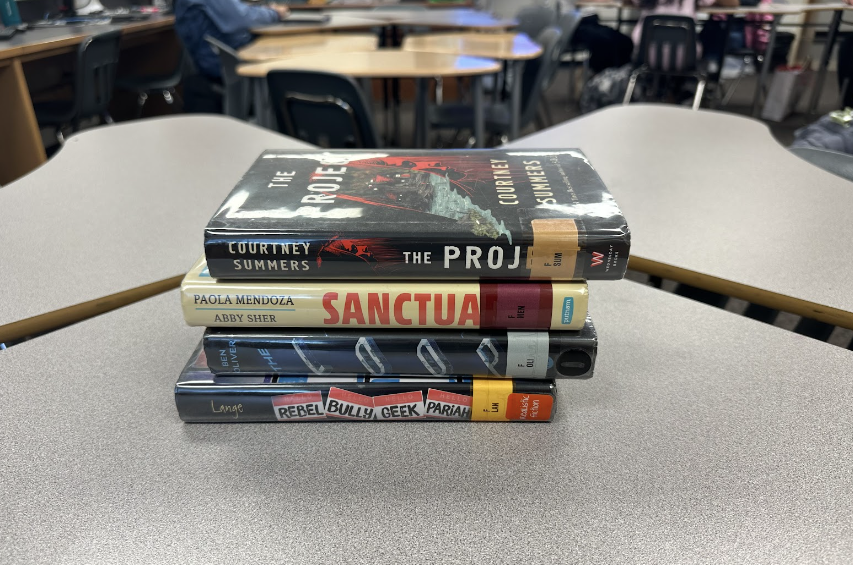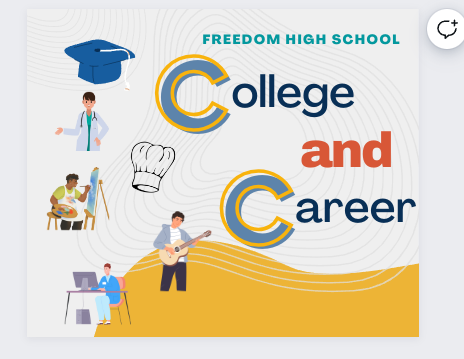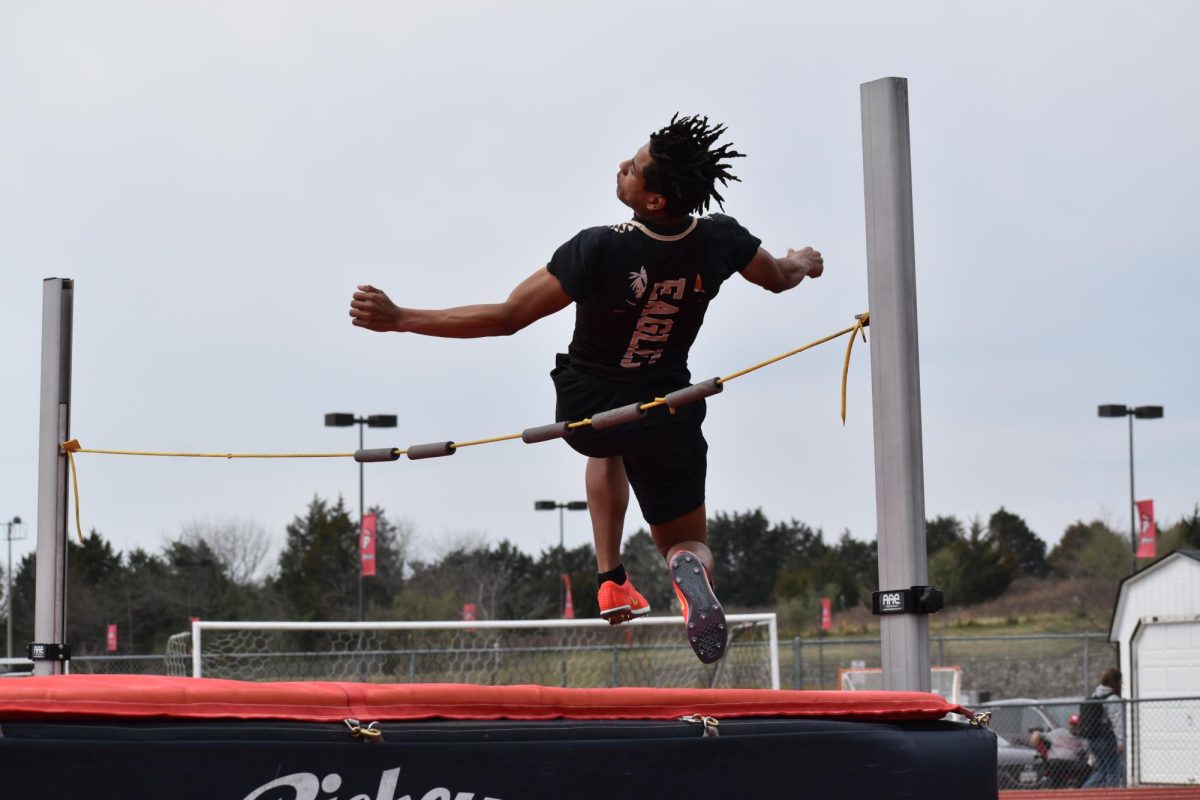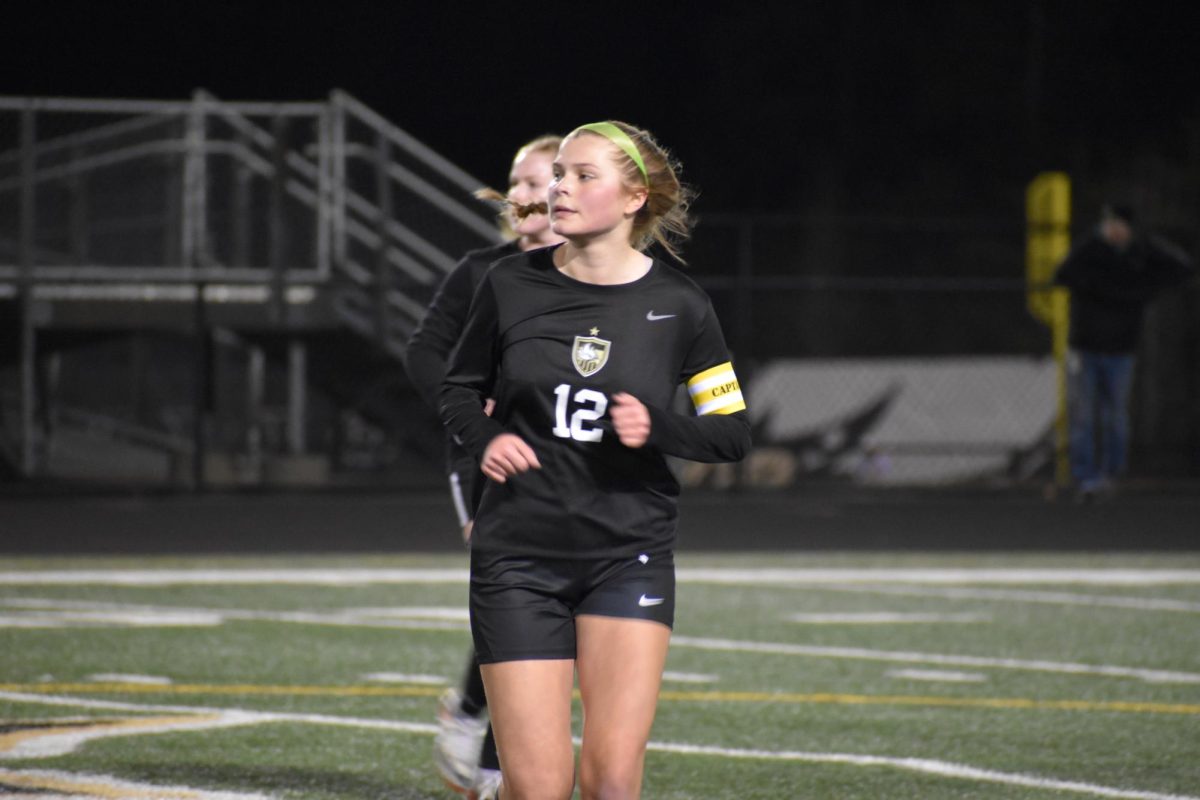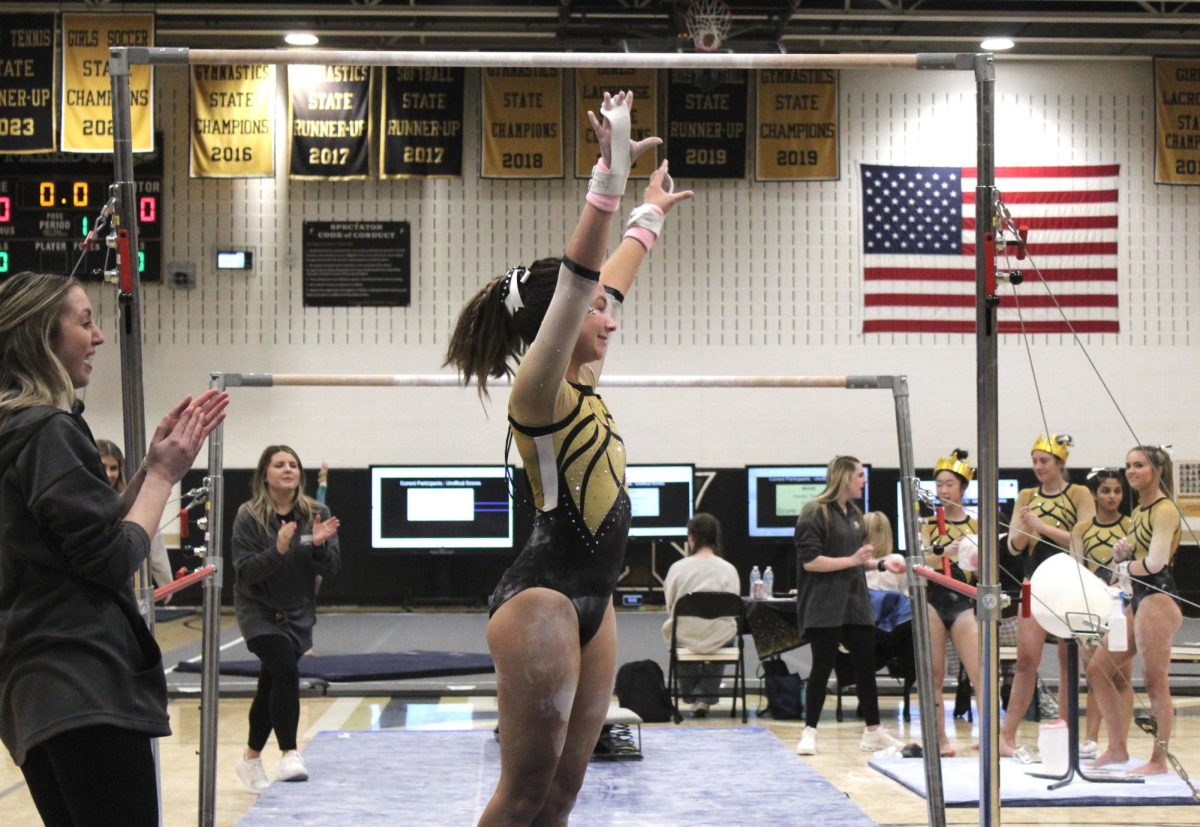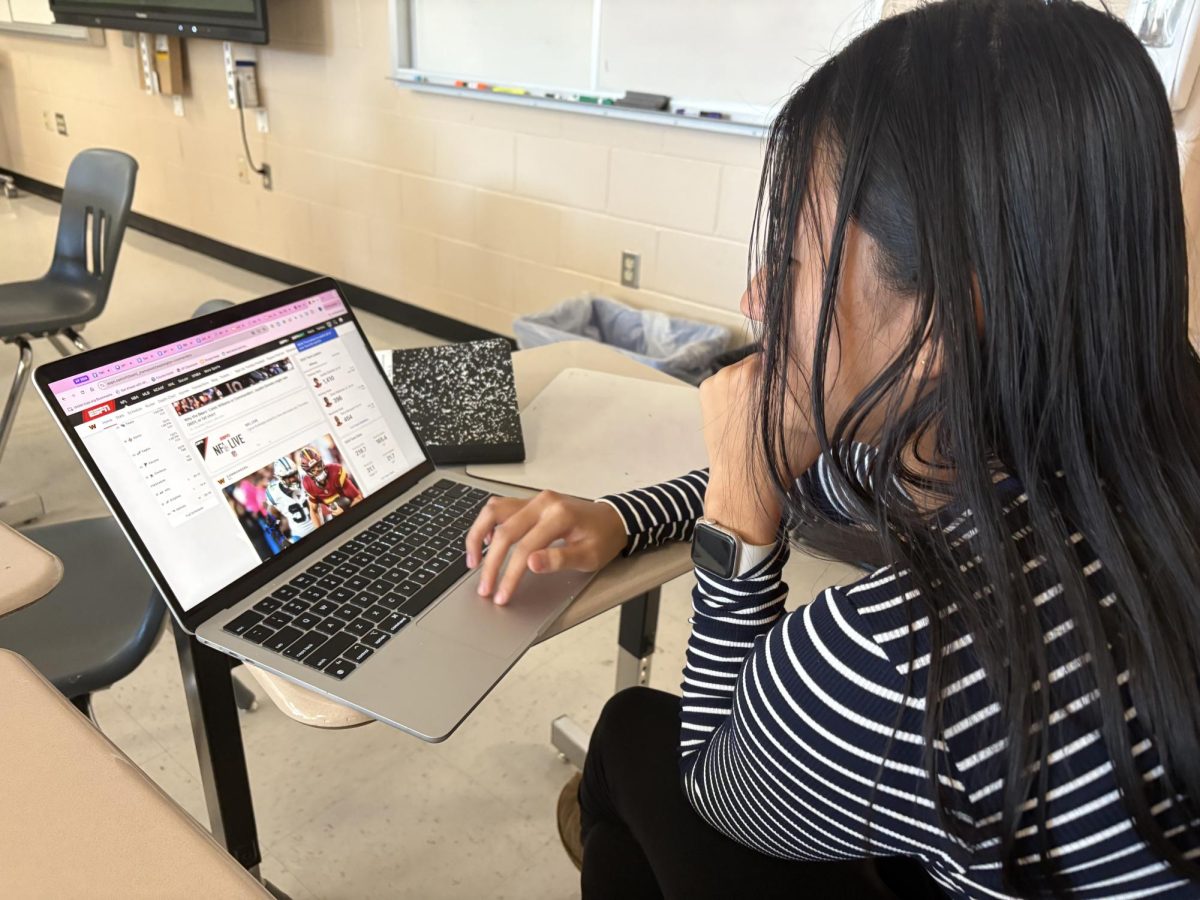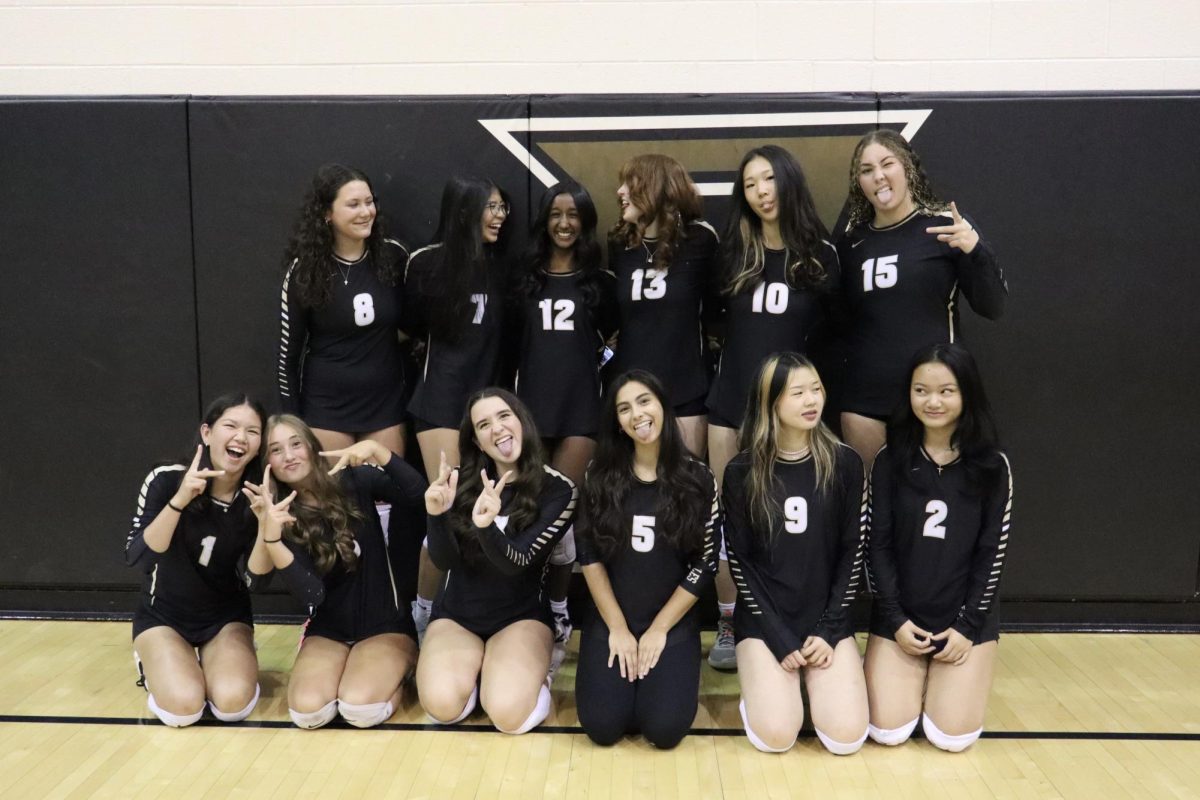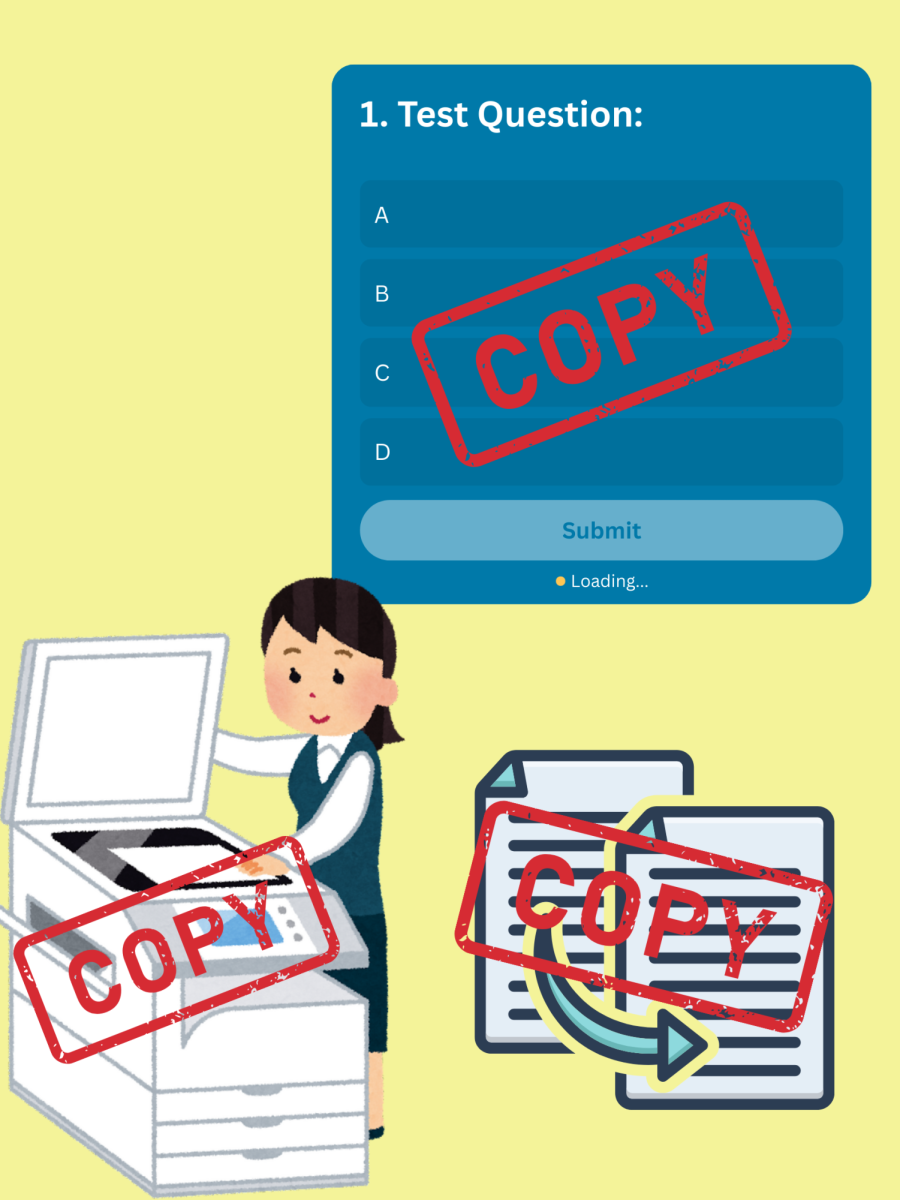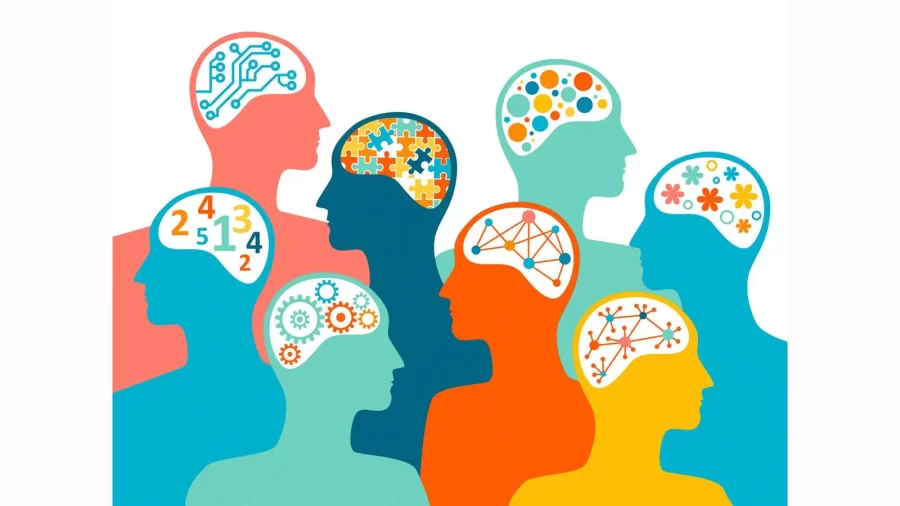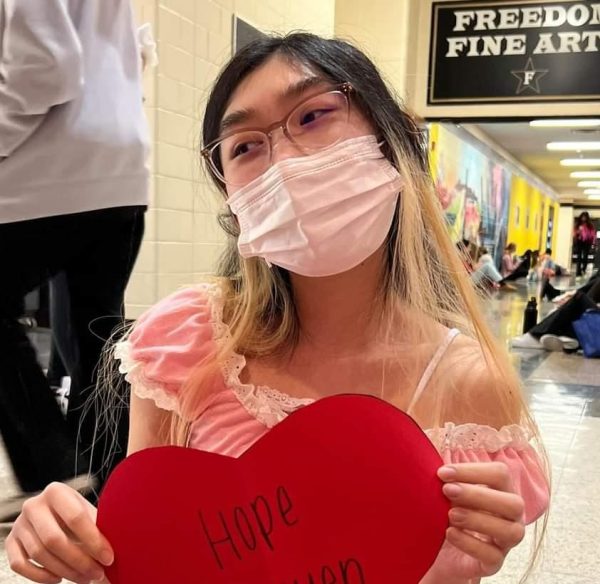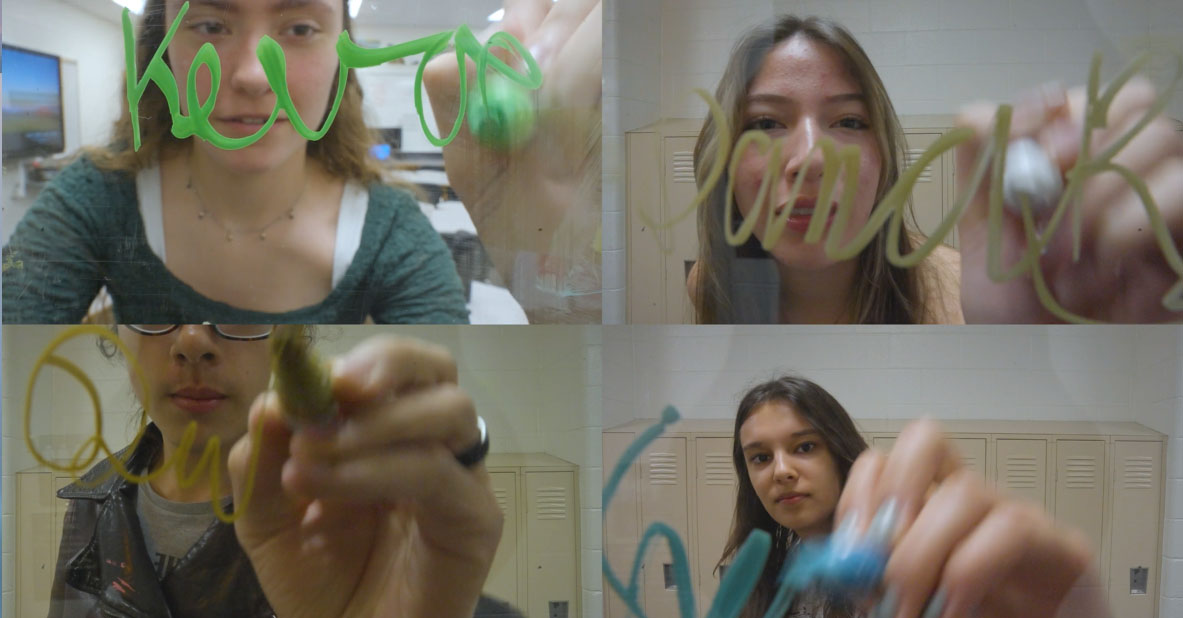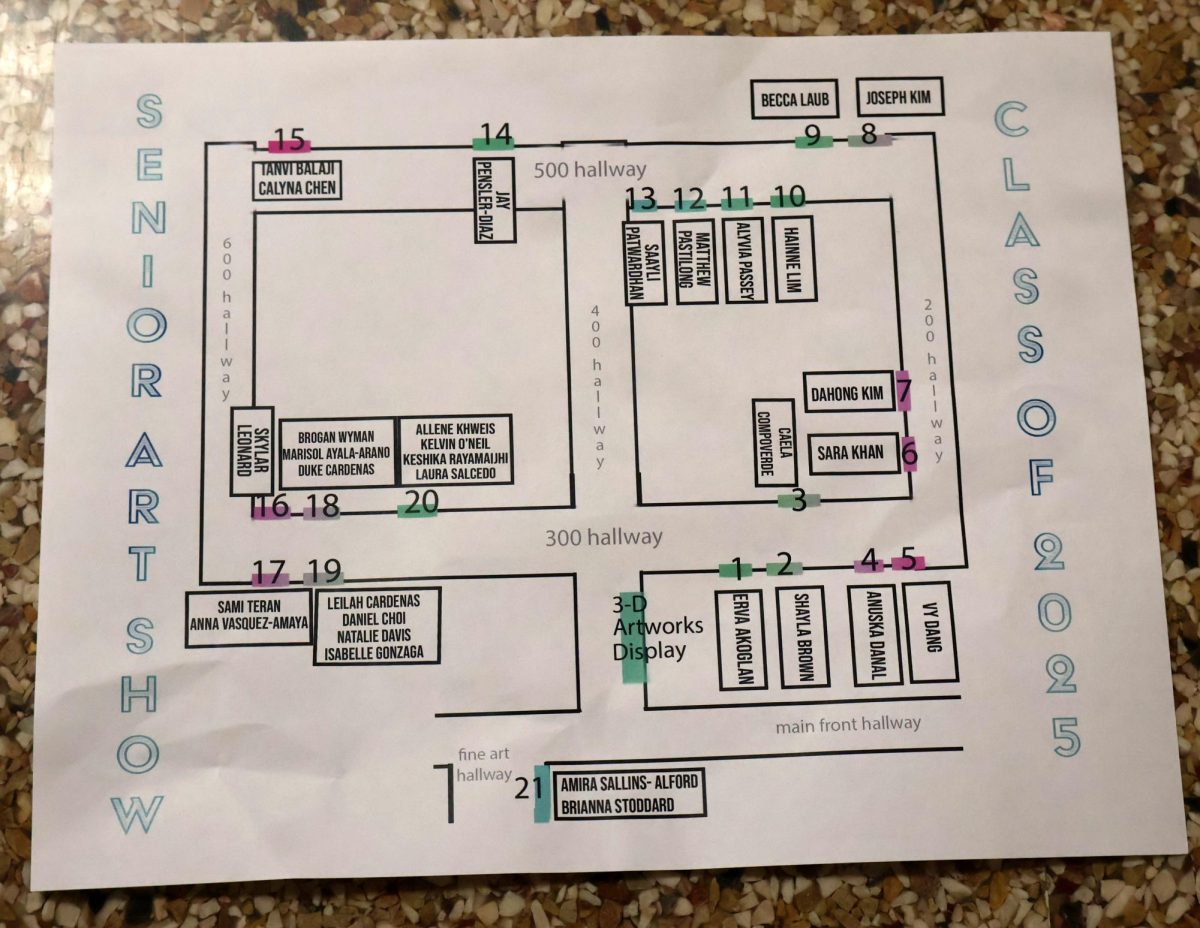Breaking The Stigma: Neurodivergent Students Speak Out
May 29, 2023
Neurodivergent Awareness in society has not always been very prominent or well researched, but in the year of 2023, and with the uprise of Gen Z, a generation that welcomes differences and celebrates education on various social issues such as racism, homophobia, classism and ableism, more information is being made available to the public, and knowledge is being made more known.
The topic of being Neurodivegernt, a nonmedical term that according to ClevelandClinic, “describes people whose brains develop or work differently” has been explored in the school environment before, but not up to its full potential, or with as much nuance as it may require. It is acknowledged that asking teens themselves who are Neurodivergent themselves may offer more straight forward answers on the effects it may have in their lives.
“A lot of people I’ve met think of neurodivergent people as only people with autism or extremely high levels of ADHD and don’t realize it’s kind of a range, so different people experience it differently,” said senior Brody Gervia.
A common problem that neurodivergent people deal with comes from neurotypicals, or people who are not neurodivergent. The misunderstanding of what they do not know can create many issues with understanding, as well as create stereotypes that lead to prejudice.
“I personally don’t know of any misconceptions since I haven’t put the most research into me,” said senior Hunter Kjos. “But I would say I don’t know if people realize there is a huge spectrum. You could barely notice you have it or it could completely hinder your life. Also it can get better over time.”
“Since there are so many stereotypes surrounding autistic people, it can be relatively invisible because every autistic person is different,” said junior Hal Gentry. “I’ve even had people not believe me or deny me help/accommodations because I don’t fit their preconceived notion of an autistic person. I wish more people understood that autism can look a million different ways.”
On top of the many misconceptions of what a ‘true’ neurodivergent student may look like, there’s also the issues that come with the effects that it may have on someone’s life, which rarely receives the amount of attention or sympathy it may need. The needed understanding of different disabilities s crucial to a student’s education in school.
“I’ve always been impacted by it,” Gervia said. “ADHD has always made it difficult to keep myself focused in classes, so I will ask to listen to music since that somewhat anchors me in reality while I work.”
Sometimes it may even affect a student’s social life.
“I have been told how I have come a far way, and I have. So nowadays it is barely noticeable. A problem I have had is being able to pick up on social cues. It’s hard to read people or ‘the room’ right all the time,” Kjos said.
There is also the problem of teachers or staff at schools not always being educated on why a student may behave the way they do, and chalking it up to misbehavior when sometimes the reason is more innocent than it may appear.
“I think it would be good if teachers and other students stopped thinking that neurodivergent will always mean that a student is never going to pay attention,” Gervia said. “There have been classes I’ve had where a teacher will notice that I can’t focus, and instead of trying to help, they’ll ignore it and assume I’m a troublemaker student.”
Inclusivity and accommodation for neurodivergent students is essential to the betterment of their health and success in their education. Although opinions may differ between different people on what is the best way to go about it.
“I think it depends,” Kjos said. “I think being accepting of people and helping is great. I also think that sometimes people need to be pushed out of their comfort zones. One of the main reasons my autism symptoms have gotten better is that I have been forced to do things I’m scared of, like going to soccer when I was like three or working in a group with strangers. It all can help to develop how the world should work and get over some problems. I doubt it would work with everyone, but it at least worked great for me.”
Neurodivergent individuals are not a monolith, so experiences will differ and it is important for those outside the group to understand they will not all act the same.
Senior Stanley Yancey, when asked to answer what struggles he had as a neurodivergent person, or things neurodivergent people commonly struggled with, cited, “lack of focus,”
“As I mentioned before, I have a lot of struggles being able to pay constant attention without an aid like music,” Gervia said.
“I already did mention social cues. Just in general social stuff,” Kjos said. “It can be scary to do anything around other people and you don’t understand what people are trying to say, for lack of a better term, most of the time.”
The need for neurotypical individuals to be aware of issues that are not related to them and educated is also something that many activists are trying to handle for future generations to come.
“I think it would be best if people think that someone might be ADHD before assuming they might be stupid or dumb, etc.,” Gervia said.
The proper research throughout the years has not always been the best, and until then it is up for individuals to cite the proper sources and take the responsibility to educate themselves as well as others. Neurodivergent representation has begun to show in children’s TV shows such as Disney’s “The Owl House” and Netflix’s “She-Ra.” There has been a push that the growing generation of children will grow up with more knowledge on the issues than the generations before them.
“I think it is just research or asking a friend,” Kjos said. “From what I’ve seen articles seem to cover the basics well. Though true experts on the issue would be somebody living with it. So just ask around.”
All three students answered on how one might be a better ally to Neurodivergent people.
“I hate the ‘that autistic kid’ memes because it really shows that the minute an autistic person messes up or shows symptoms of autism, they get dismissed and laughed at,” Gentry said. “So many of us have to work twice as hard for half the respect/results. If an autistic person is upset people don’t go ‘I wonder what’s wrong’ they go ‘wow autistic people are so weird.’
At times there are unconscious double standards when it comes to people treating others who are ‘different’ from them, and neurodivergent people commonly are the subject of them due to the way they may not act the same as neurotypicals.
However, allyship should not stop in just everyday social interactions. It should continue in the classroom too.
“Staff should do the same thing,” Gervia said. “Maybe giving accommodations during class such as soft music playing in the background, letting students listen to music, etc.”
“I honestly think that the schools I’ve been to have done a great job. They give you accommodations to help you with everything, but overtime they start to wane you off and push you to be a bit better. I think it helps a lot,” Kjos said.
At the end of the day having empathy or sympathy is most important.
“I think that being understanding of them not always understanding is always great. Although I think a great help is being told if we say something weird. It just doesn’t click that what we say could be inappropriate for the situation, so being told can teach us what to not say and help us grow,” Kjos said.
“I guess people who could take time to understand with people who have these conditions, it’s hard to feel comfort at times and be a bit more empathetic towards it,” Yancey said.
The most important thing to take into account is that proper representation, understanding and empathy, as well as systematic help and accommodation are the number one priorities that should be standardized to help normalize neurodivergent presence in society.
